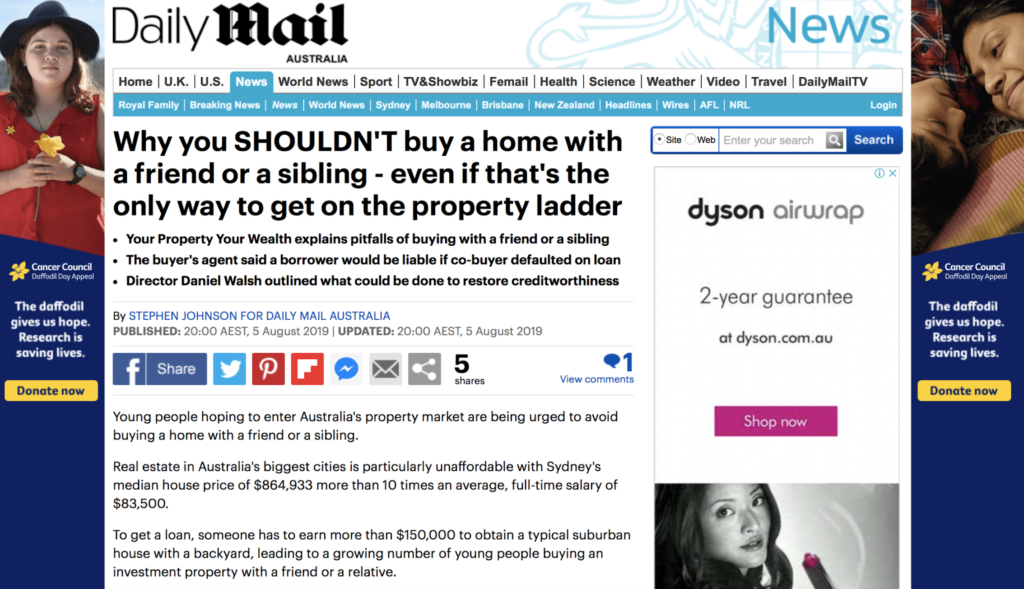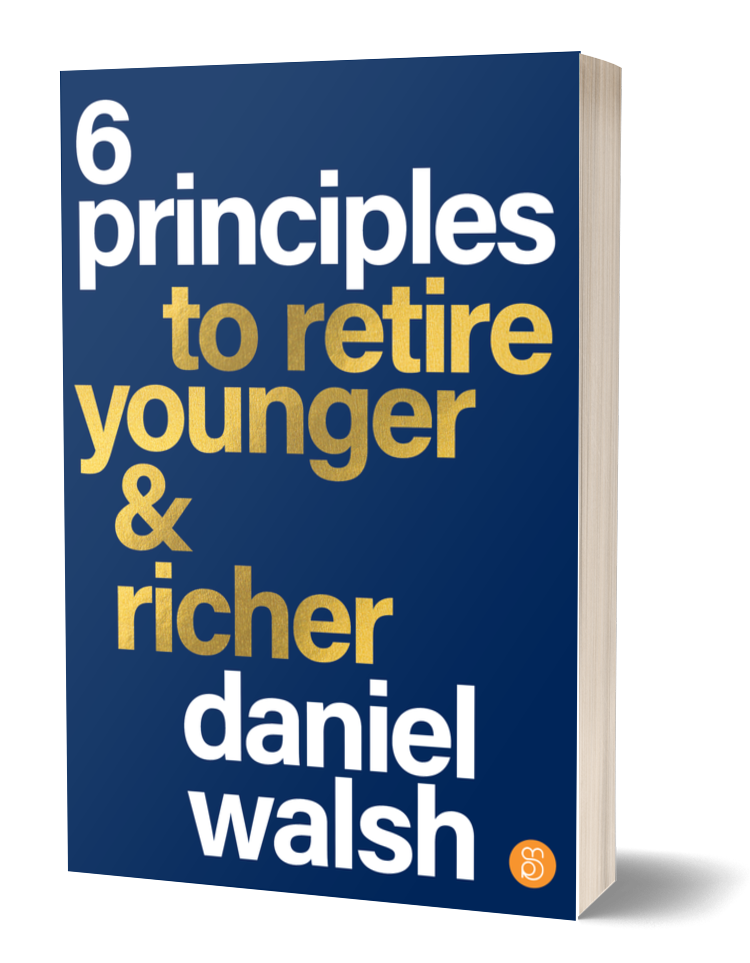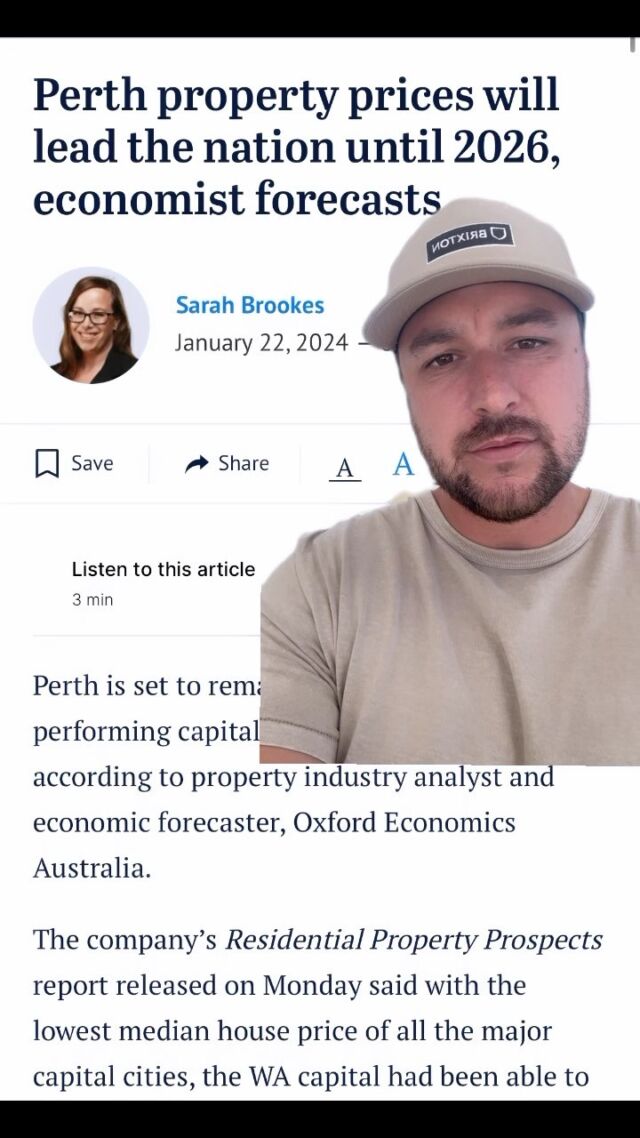It’s a fact that most property investors who go at it alone never buy more than one property.
One of the main reasons why is because they buy the wrong property in an inferior location, which ends up costing them in cash flow as well as substandard capital growth.
Then, what usually happens is they struggle to secure good tenants because it is below par and end up selling at an inopportune market time because they are hemorrhaging money.
Often the end result is they wind up in a worse financial position than they were before.
Of course, this is the worst-case scenario for people who “take a stab” at property investing without the necessary education, experience or support.
Many just don’t have the necessary nous to understand which properties are diamonds and which are duds, because often they’re buying in a location that is familiar to them such as the suburb that they are living in.
Experienced investors and buyer’s agents, on the other hand, not only consider all major markets nationwide but also give a wide berth to certain types of properties that will hamper their chances of future capital growth.
1. Pools
There is a common misconception that pools increase the appeal and therefore the value of a property.
This is not correct – mainly because of the additional costs as well as compliance involved in owning a property that has a pool.
On top of that, not all locations in Australia are suitable for a pool.
Sure, Queensland has a high proportion of properties with pools, but even there they are not classed as an attribute that will increase a property’s value.
In Tasmania, well, having a pool is probably quite an oddity.
Regardless of the location, many buyers don’t want the hassle of a pool, which means that if your property has one, you may need to remove it when it comes time to sell.
2. Housing Commission
The next property turn-off is housing commission. Now, when I say Housing Commission, I don’t mean properties that have formerly been public housing.
I mean areas that have an unusually high percentage of housing commission homes, because this will drag down prices.
You would be surprised how many suburbs, including high-end ones, that still have social housing these days.
Experts know which streets to buy in and which streets to avoid to ensure they are buying where prices are likely to grow courtesy of renovation rather than stagnate.
3. Transport noise
Some may see this as a property turn-off, while others find it convenient. There is a fine line between being close to transport nodes and being too close!
In our biggest cities, being walking distance to a train station or an easy commute to a main transport thoroughfare will always be a good thing for your property.
However, properties on main roads or with train-lines along the back fence will usually negatively impact a dwelling’s price potential.
You might be able to renovate a house, but you will never be able to do anything about its location, so it’s always best to steer clear of transport noise where possible.
4. Electricity cabling or substations
Most of our capital cities have electricity cabling underground these days.
However, there are still areas where electricity cables are still prominent and therefore an eye-sore for future buyers and tenants.
Likewise, the jury is out on whether electricity substations impact our health, so it’s always wise to stay away from properties located too close to these vital pieces of infrastructure.
There is a reason why properties next door to substations are so cheap after all.
5. Easements
The final property turn-off to avoid is easements. Many properties have easements, but some are no worries, and some should be avoided.
There are usually easements on every property because of essential services, such as water and sewerage, which often run along the back-fence line or an area that won’t cause future issues.
However, power line as well as right of carriageway easements are a big no-no for sophisticated investors.
Likewise, a road widening easement, which may result in the resumption of the property or a road being constructed on your literal doorstep at some point in the future.
The issue with easements is that they are usually not identified before a contract is unconditional, which is often what trips up novice investors.
However, buyer’s agents have access to this information from the outset and know to not take their enquiries any further if there is an easement red flag.
























